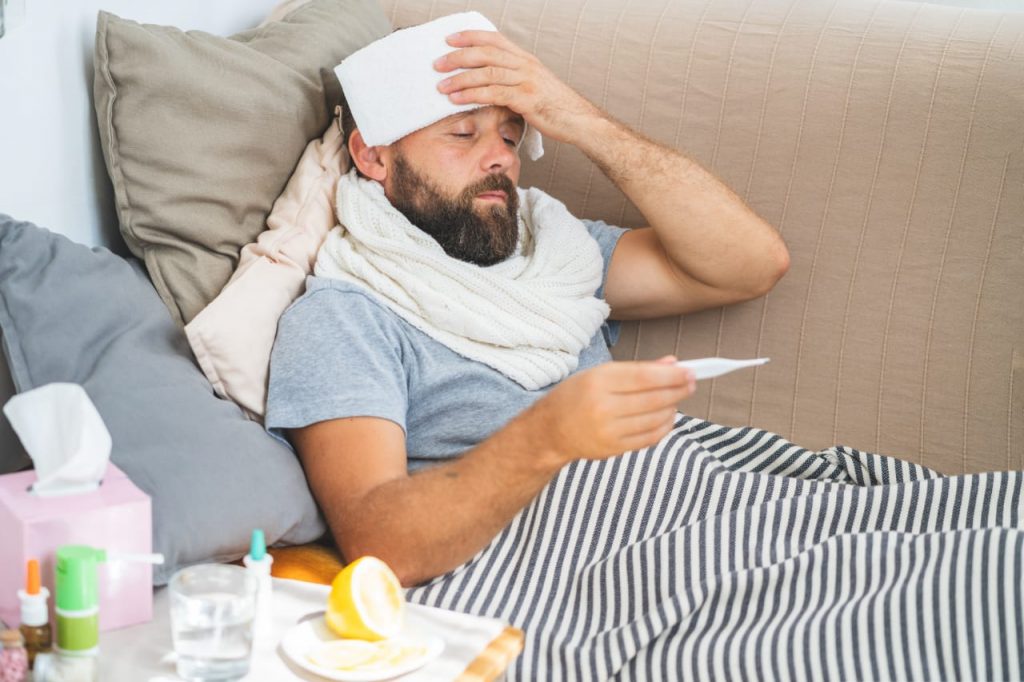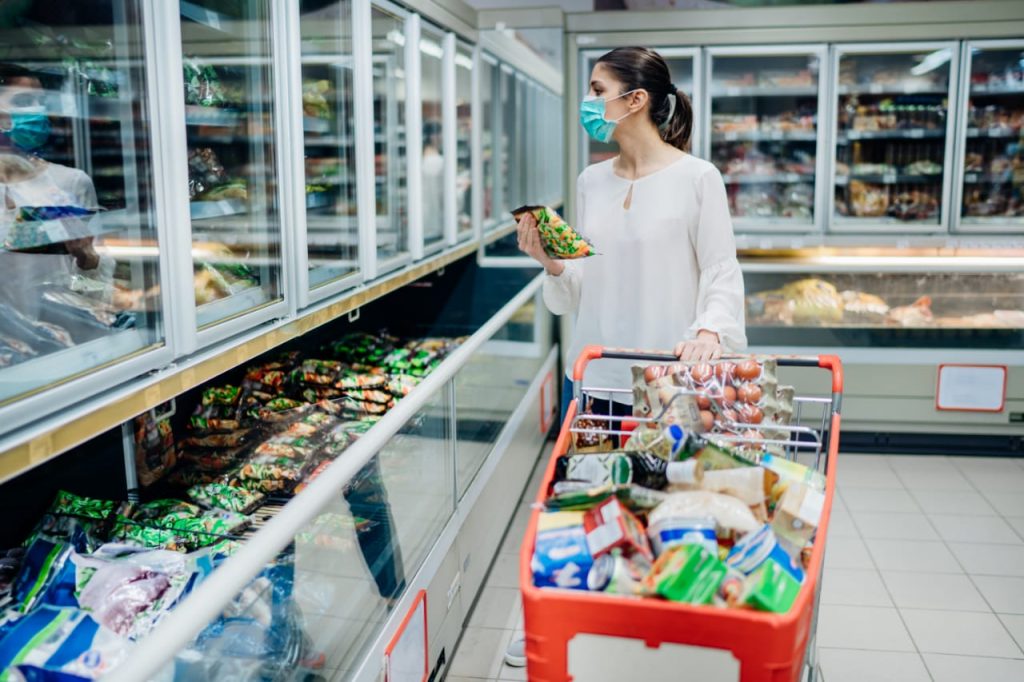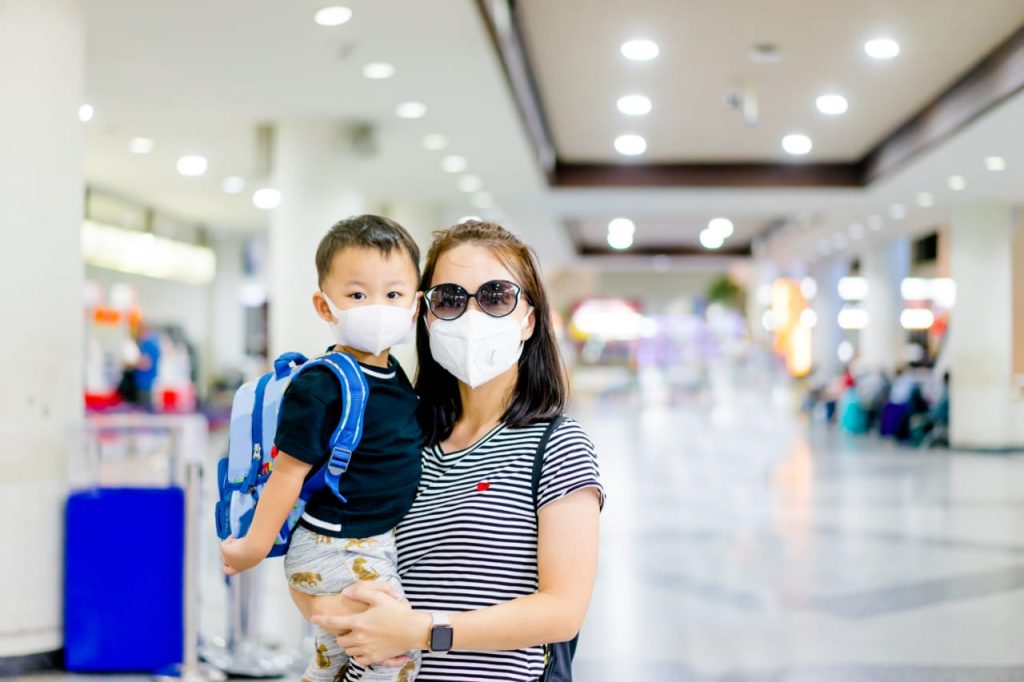As the COVID-19 cases continue to mount and with no availability of immediate potential treatment or vaccine, it is absolutely necessary to train ourselves for living with COVID-19. In order to save the global economy, countries are now considering having certain relaxations during the lockdown in their respective countries, including India. In such circumstances, we have to prepare ourselves for living with the new “normal” by ways of introducing certain behavioral changes in our routine and implement social distancing, in order to combat the pandemic and save ourselves.
Following steps can aid in protecting us and our families during this pandemic:
1) Be aware of the local situation:
- Stay aware of the latest information regarding the status of COVID-19 in your community and your city
- Prepare a list of local authorities that you can get in touch immediately in case of requirement of any emergency aid such as friends, family members, drivers, family doctors, etc.
2) Be prepared for the possibility of getting ill:
- Take due care of family members who are deemed to be at higher risk of getting infected, such as elderly members or those who suffer from co-morbidities.
- Keep in mind which room you will select to use as a “quarantine” area if any of your family members get the infection and needed to be isolated.



3) Strictly follow the preventive steps:
- Frequently wash your hands with soap and water
- Avoid frequently touching your eyes, nose and mouth
- Stay in your room if you are sick
- While sneezing or coughing, cover your nose and mouth with a cloth or tissue and dispose of in a covered bin after use
- Clean and disinfect the surfaces in your home, which are frequently touched
- Be prepared for creating ample room for every family member, in case the children and/or other members have to stay at home due to shutdown
4) Be alert in case of witnessing any symptoms:
- Stay at home and consult your doctor, if any family member, including yourself, develop symptoms such as fever, cough or difficulty in breathing
- Other family members should stay away from the symptomatic patient



5) If any family member gets sick:
- Continue the following hand hygiene
- Isolate the sick member
- While caring for the sick family member, follow all recommended protocols (PPE kits and face mask) and be aware of your own health
- Keep the surfaces disinfected
- Take care of the emotional well-being of all your family members
6) Care of children and co-morbid family members:
- Remain at home and avoid venturing into crowded places
- Pileup the stocks of the medicines, you require in case you need to stay home
- Strictly follow hand hygiene practices
- If at all you need to go out, maintain at least 6 feet distance with others
- If any child in your family gets infected, notify the school authorities so that they can alert others
7) Take care while going to buy supplies:
- Family members who are not sick and are at least risk of getting infected should run the necessary errands.
- Always wear a face mask, avoid gatherings and follow social distancing norms while going out
- Don’t go for public transportation or shared cab services
- If at all you need to go through public transport, maintain social distancing and avoid touching handrails and frequently wash your hands with a hand sanitizer.
- Once you return home, immediately wash your hands with soap and water and then perform any tasks.



8) Coping with stress:
- Avoid watching, reading or listening to news related to the pandemic for a prolonged period.
- Take deep breaths and meditate to cope with the stress
- Eat nutritious meals
- Regularly engage yourself in exercises
- Avoid alcohol, tobacco or consumption of drugs
- Talk with your friends through telephone, regarding any bothersome issues.
- Consult your psychiatrist, if you are feeling too anxious
- Take care of the elderly and co-morbid patients, as they are more prone to get extra stress due to COVID-19
- Keep a watch on children and teenagers as they may get excessively stressful due to being confined at home
- Avoid the spread of false news and stigmatizing healthcare workers working with COVID-19 patients
The ongoing pandemic is exerting the whole world both physically and mentally but there’s no doubt that this pandemic will come to an end one day. Sooner or later there are going to be vaccines and treatment that will bail us out. However, what’s also for sure is that, life after this pandemic is going be significantly different than before and full of precautionary measures. So, if you want to get back your previous lives then a lot will depend on our actions and only then we will experience a normal world after the COVID-19 pandemic.



